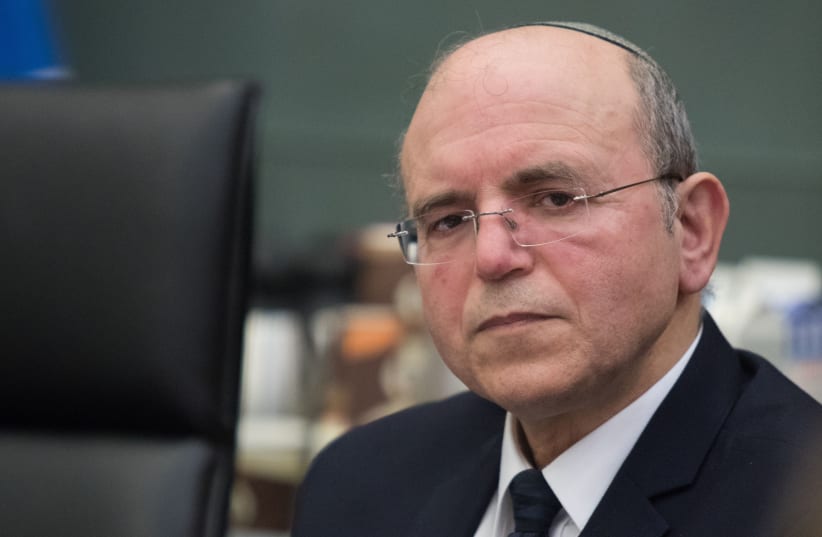National Security Adviser Meir Ben-Shabbat and his American counterpart, Jake Sullivan, plan to continue a dialogue on the Iran nuclear threat.
They agreed to continue to discuss the matter during a phone call on Thursday, their second since US President Joe Biden’s inauguration last month.
This comes amid political jostling within Prime Minister Benjamin Netanyahu’s inner circle over who will be responsible for the Iranian threat and whether it should be one person.
There had been some talk about Mossad Director Yossi Cohen becoming an “Iran czar” who would coordinate interagency efforts on the matter, even after his tenure as Israel’s top spy ends in April. A large number of news stories with anonymous sourcing on Cohen’s work have appeared in the media in recent weeks, which could be a sign of his efforts to secure the position.
The Biden administration has denied reports that Cohen already met with officials in Washington.
Former ambassador to the US Ron Dermer, who is close to Netanyahu and has been nicknamed “Bibi’s brain,” is another rumored candidate for the “Iran czar” position.
Biden seeks to return to the 2015 Iran nuclear deal, which former US president Donald Trump left in 2018, launching a “maximum pressure” sanctions campaign on Tehran.
In an interview last week, Biden responded “yes” when asked whether Iran would have to stop enriching uranium before the US lifted sanctions. The White House later clarified that he meant reducing enrichment to the level permitted by the Joint Comprehensive Plan of Action (JCPOA), as the Iran deal is known.
Officials in Tehran, however, have said the US would have to lift sanctions for them to return to the terms of the JCPOA. In recent months, Iran has increased its uranium enrichment.
Last week, the International Atomic Energy Agency said Iran has begun developing uranium metal, which experts say does not have a credible civilian use.
